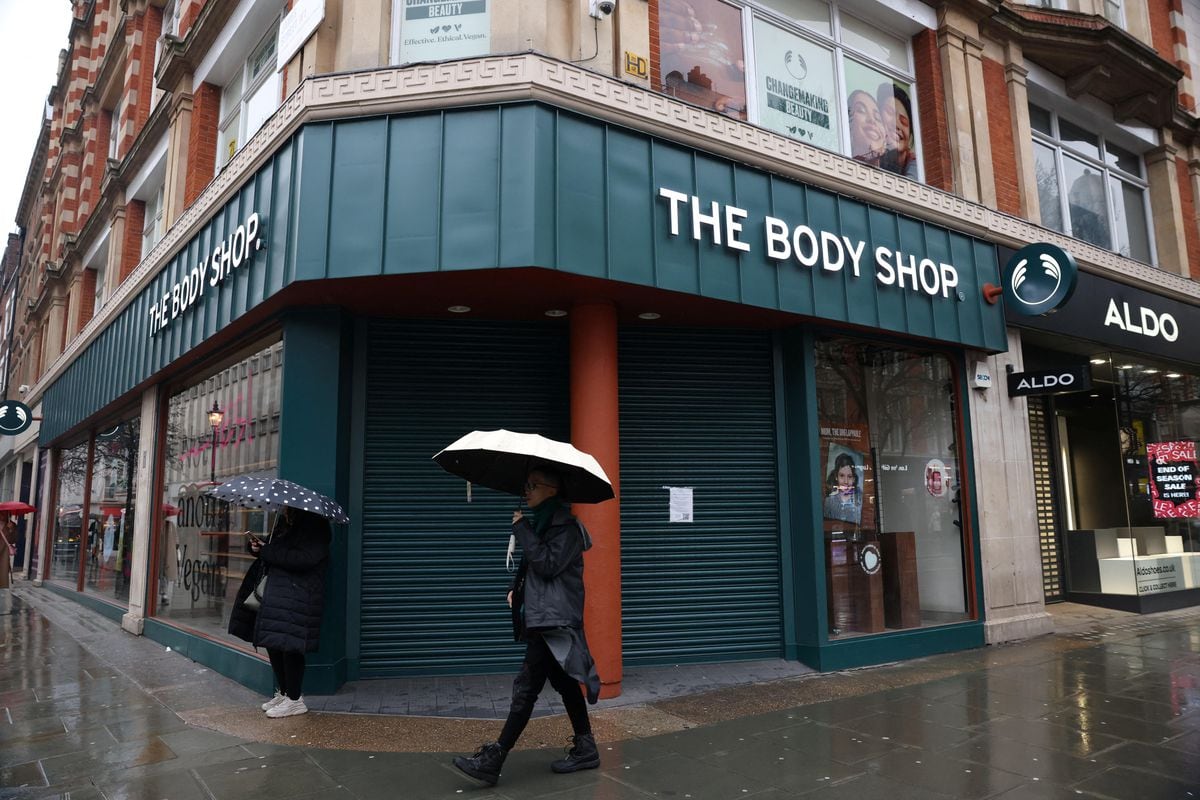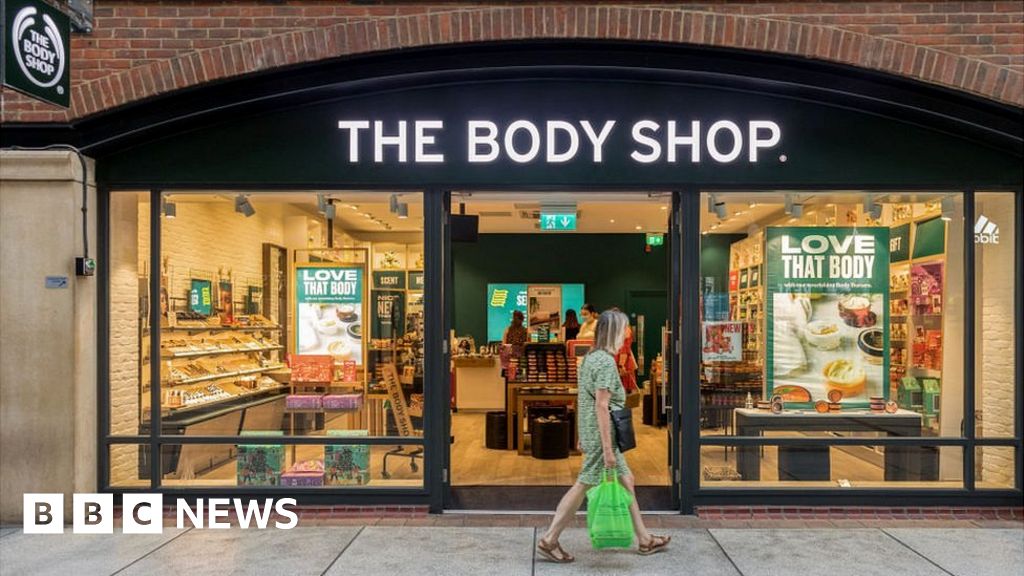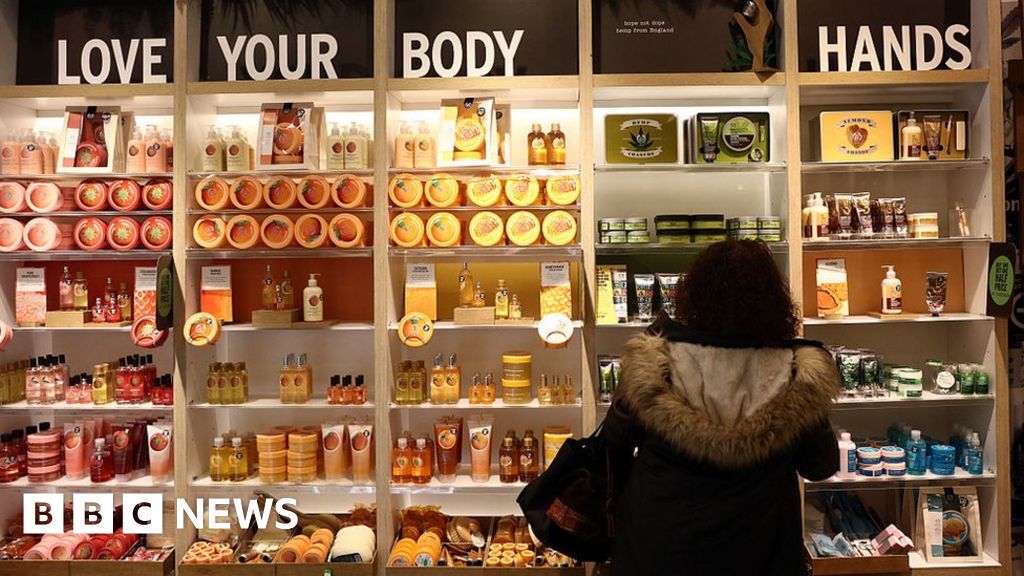





The Body Shop, the international cosmetics brand, is facing financial difficulties and has made the decision to cease its operations in the United States. The closure of the US arm comes after years of financial struggles for the brand. In addition to the US closures, the brand's Canadian subsidiary is also liquidating 33 stores as part of wider restructuring proceedings. The parent company, The Body Shop International Ltd., has appointed insolvency administrators to explore all options to find a way forward [5016a8ae].
The restructuring administrators have announced plans to close 82 out of the 198 stores in the UK over the next five weeks. This is part of an effort to reduce costs and address the brand's financial challenges. The Body Shop was founded in 1976 and gained popularity in the 1980s for its ethical trading ethos. However, the brand has faced difficulties since its acquisition by L'Oreal in 2006. It was later sold to Natura in 2017 and then to Aurelius, a private equity firm, in 2023 [5016a8ae] [dc5b3c6e].
The Body Shop Canada had previously responded to challenges in the market by opening new stores under a 'workshop' concept that focused on sustainability practices. The company hopes that the Ontario court proceedings will provide it with 'breathing space' to evaluate its strategic alternatives and potentially keep most of its stores open [df46c733].
The Body Shop's financial troubles are part of a larger decline in the brand's performance. Rivals in the natural, clean beauty space, such as Lush and Neal's Yard Remedies, have surpassed The Body Shop in terms of innovation and branding. The Body Shop has failed to evolve its concepts while its competitors have embraced sustainability and attractive branding. To become a current, must-have brand, The Body Shop needs to make significant changes [5a1b4e87].
The closure of The Body Shop's US operations and the planned store closures in the UK and Canada highlight the challenges the brand is facing in the current market. The brand's financial struggles and the need for restructuring reflect a larger decline in its performance. The Body Shop will need to make strategic changes to regain its position in the competitive beauty industry [5016a8ae].
Meanwhile, Ahold Delhaize, a supermarket group, has announced plans to close underperforming Stop & Shop grocery stores in the United States this year. The exact number of affected stores has not been disclosed, but Stop & Shop operates nearly 400 stores in the country. Ahold Delhaize earns more than half of its revenues in the United States [7b9aa13a].
The store closures by Ahold Delhaize and The Body Shop reflect the challenges faced by both companies in their respective industries. The financial difficulties and underperformance have led to the need for restructuring and cost-cutting measures. Both companies will need to make strategic changes to adapt to the evolving market and regain their positions [5016a8ae] [7b9aa13a].
In addition to The Body Shop and Ahold Delhaize, JCPenney has also announced the closure of over 60 stores in the US, including nine in Texas. The closures are part of an optimization effort following the acquisition of the company by Simon Property Group and Brookfield Asset Management. The official JCPenney website released a list of branches that will be closed between July and September 2024. The company filed for bankruptcy in 2020, and the Covid-19 pandemic worsened its financial situation. The closures have saddened many Mexicans from Nuevo León, as these stores are popular shopping destinations for them. JCPenney will prioritize its online platform as part of its strategy to strengthen its market position [d7b0b06f].